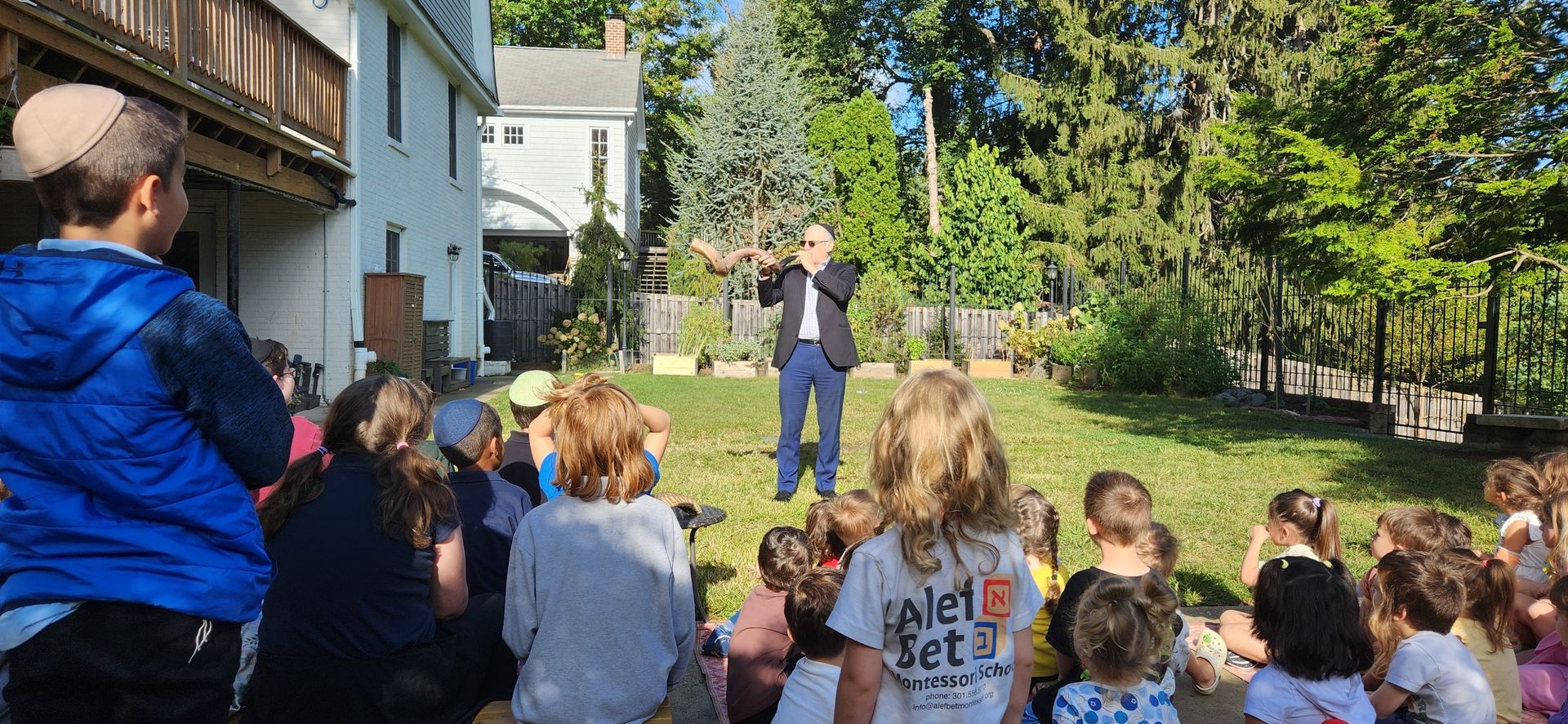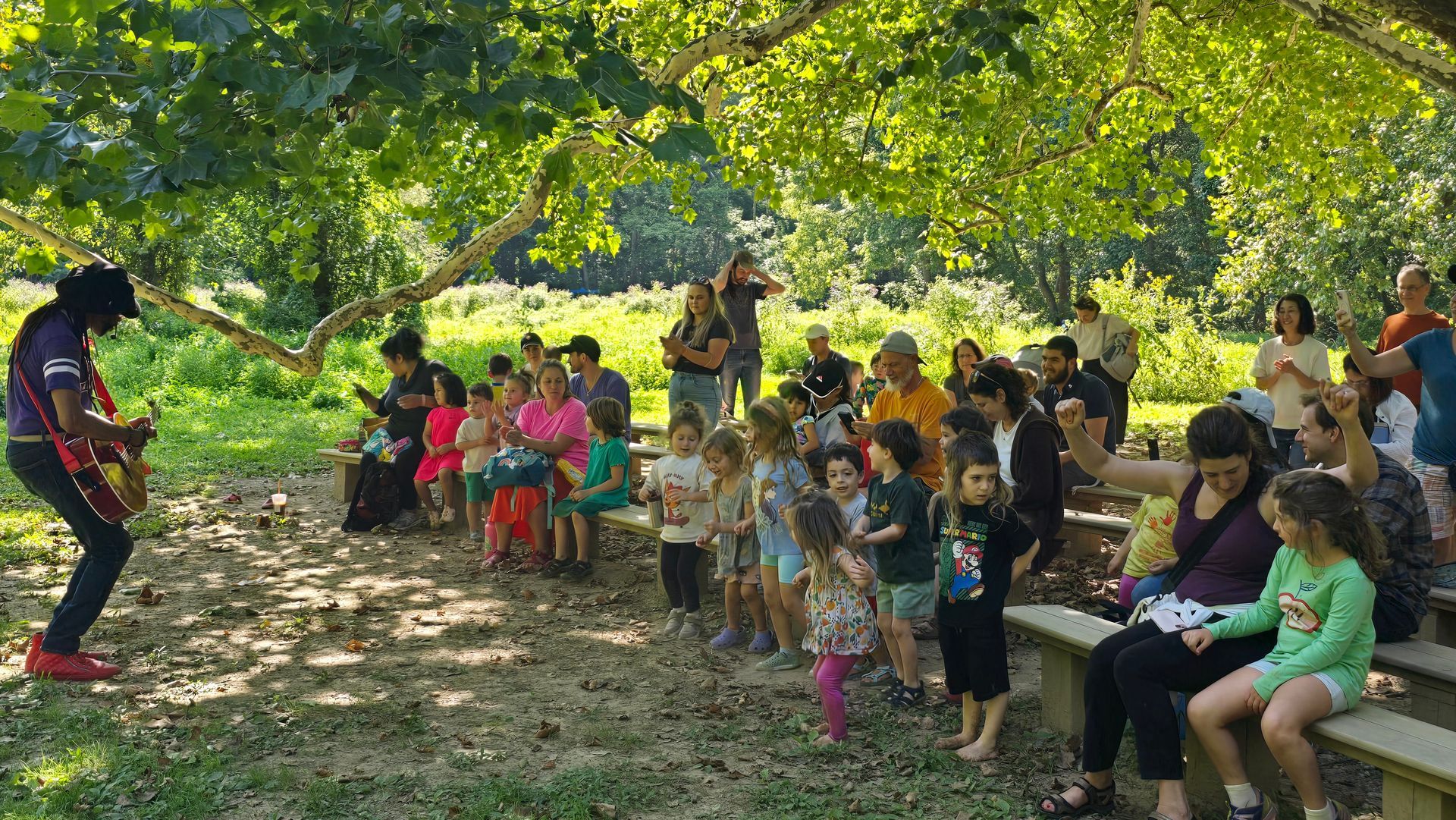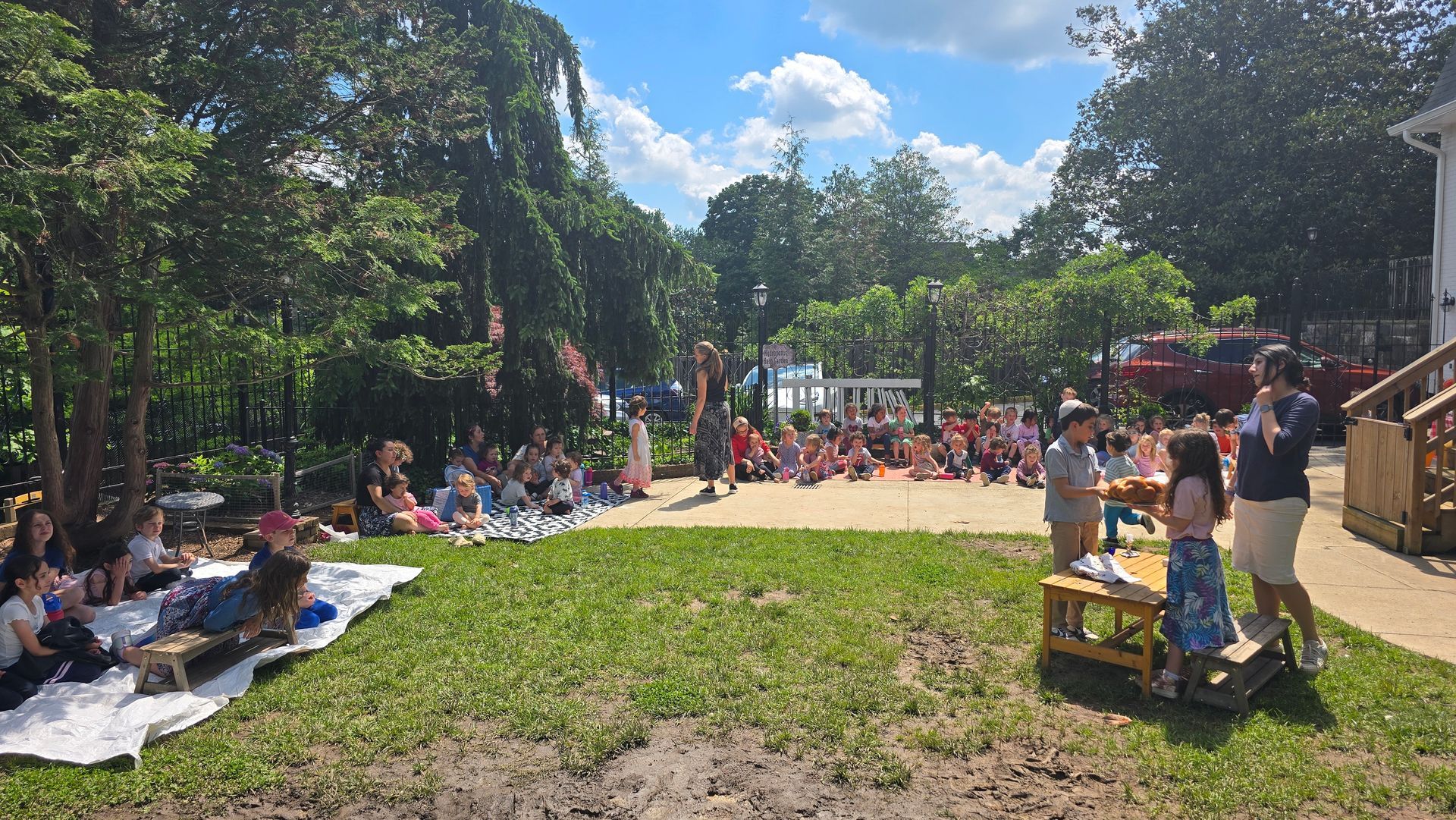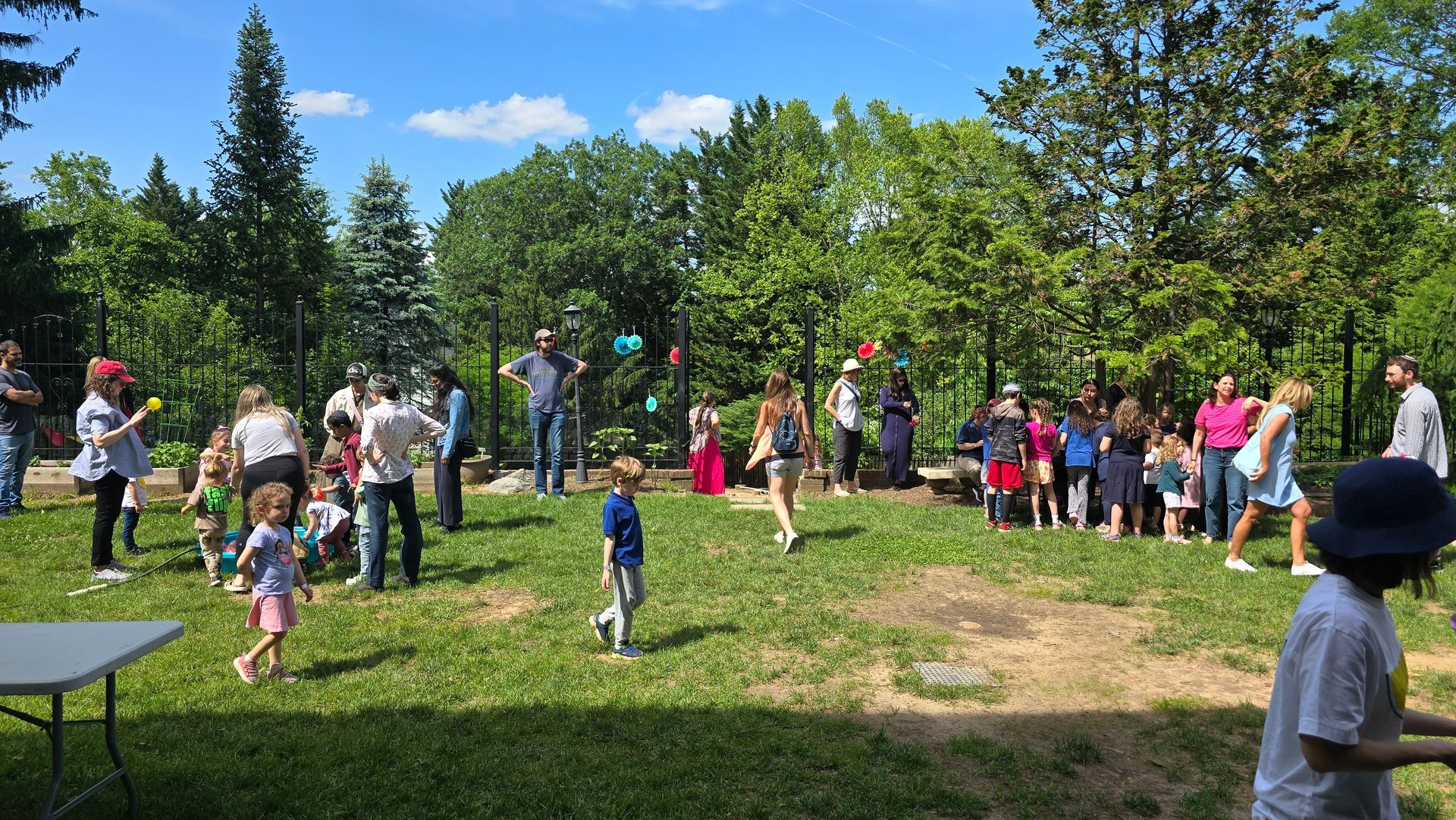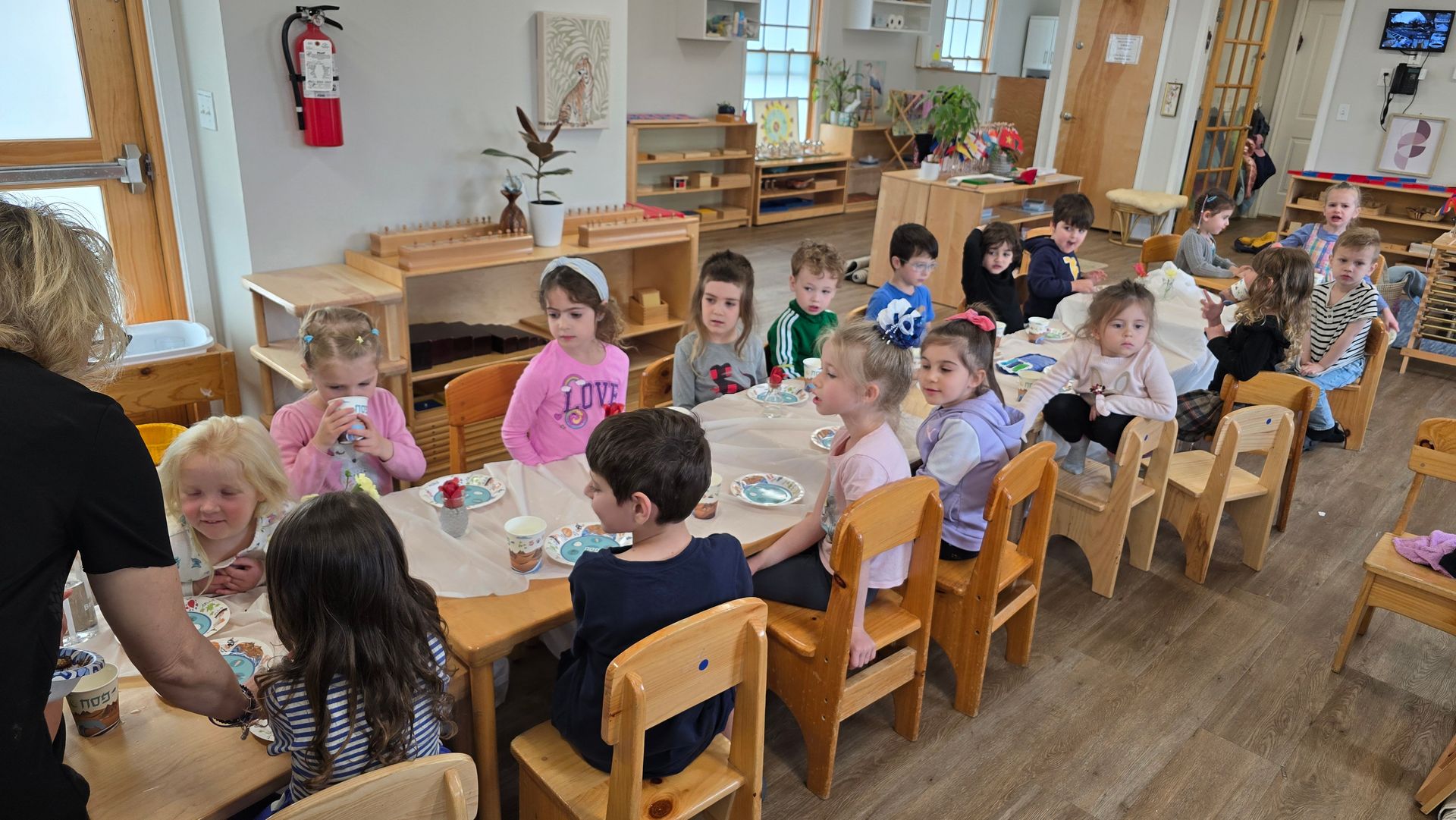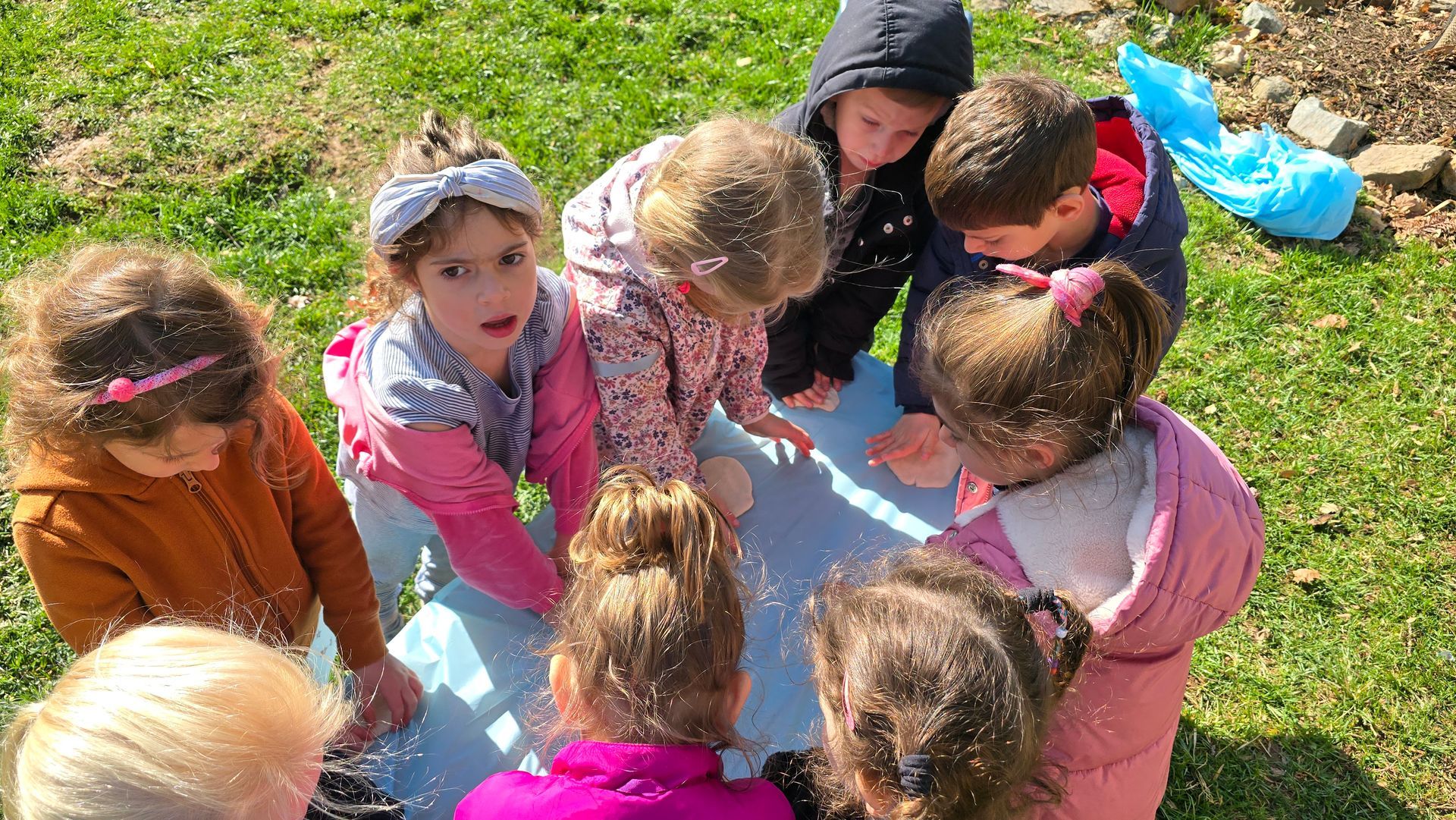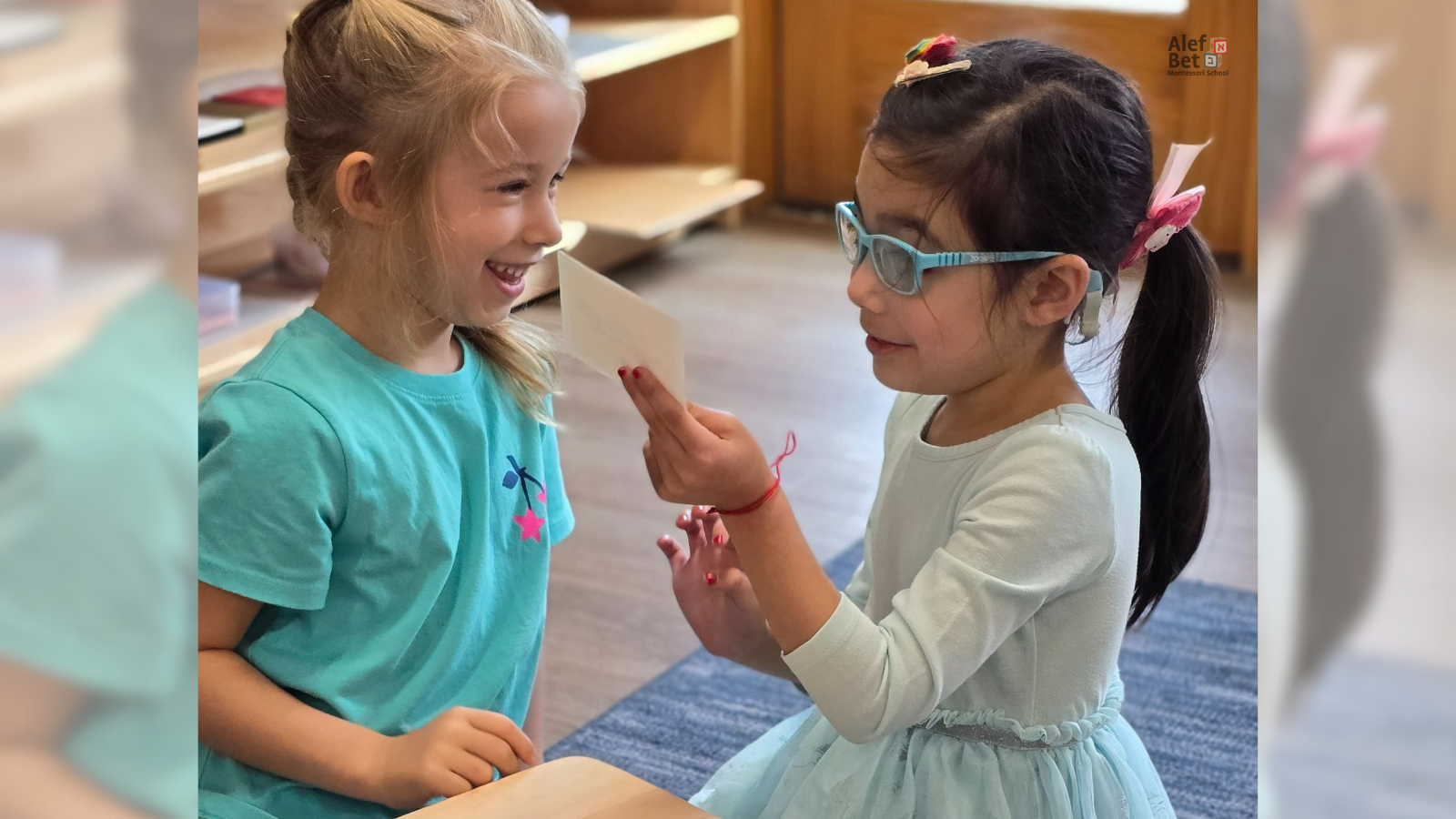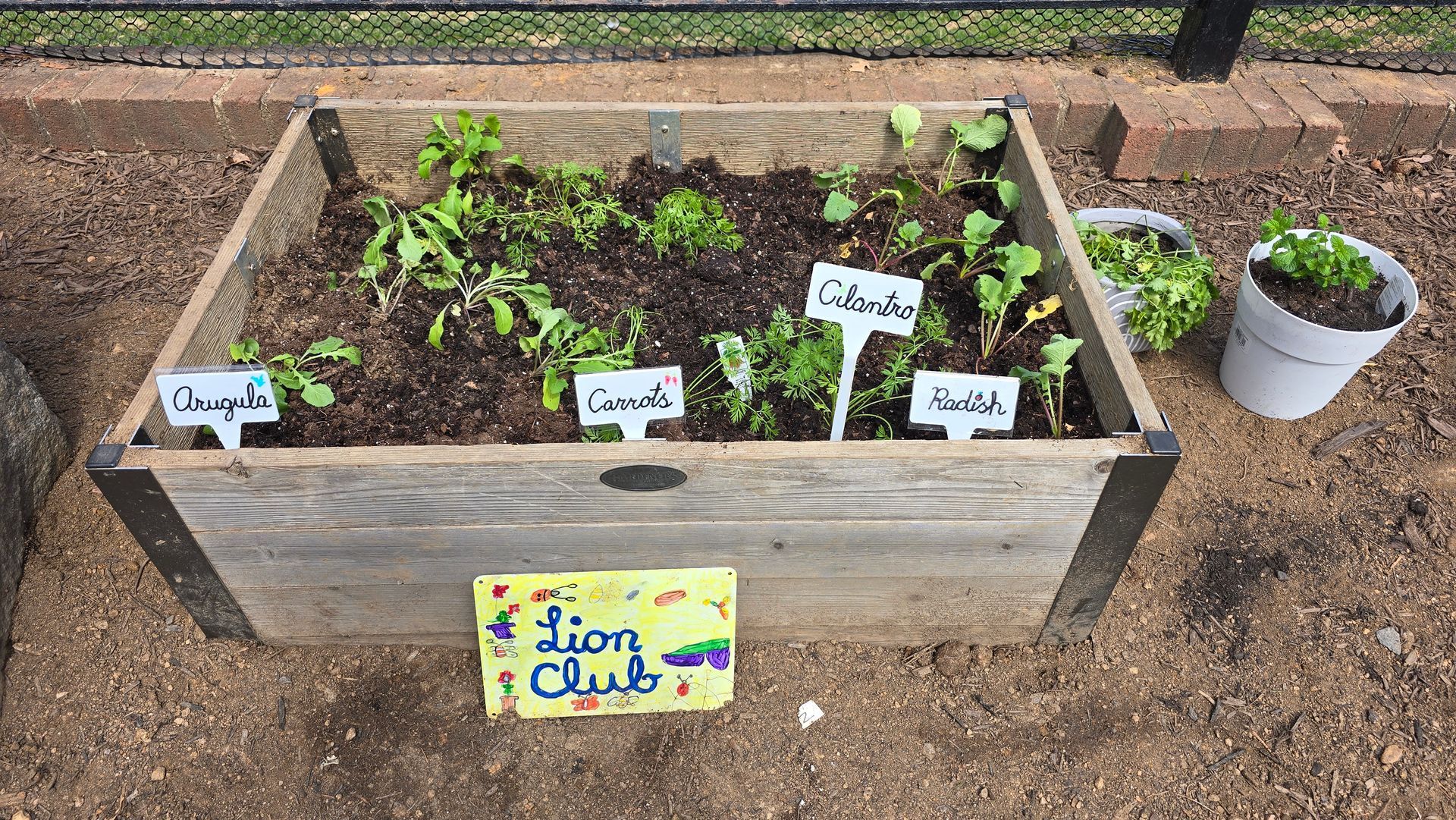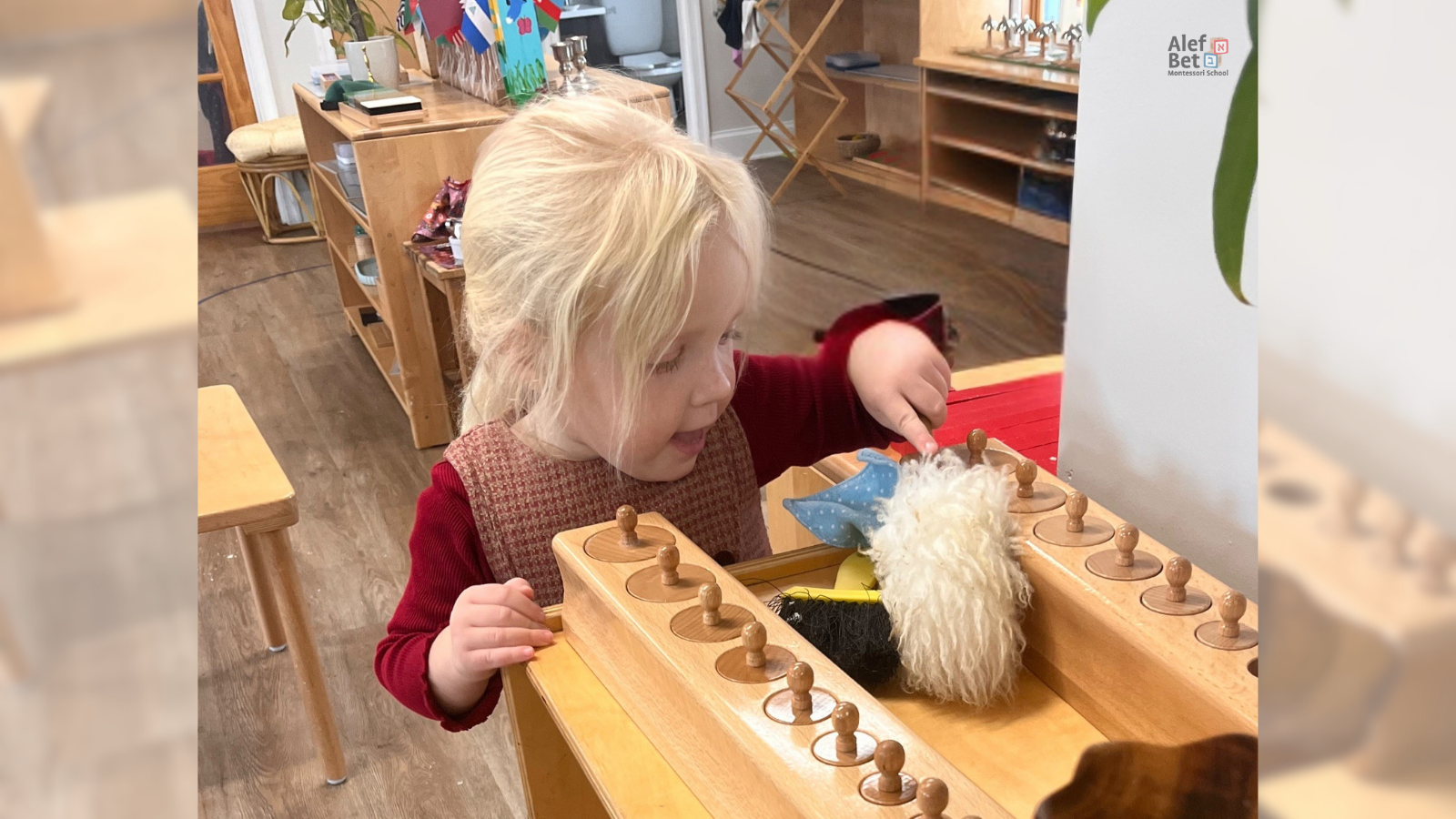The Multi-Aged Classroom
Benefits of a mixed-age environment
In Montessori schools the age groups of children always span three-year age groups, such as, age 0-3, 3-6, 6-9, 9-12. Multi-age environments are one of the core differences between a Montessori classroom and a traditional one. One obvious reason, as any experienced mother of more than one child will testify, is younger children learn very quickly by imitating and following the footsteps of older children. Yet, Dr. Montessori had another reason that is not so easy to detect– learning values.
What is the most important value that you would like to instill in your child? I have asked myself and other parents this question time and again. It is not surprising that the answer is never “to think of themselves first,” or “to be the best,” or “to know more than others.”
In our community, we wish our children to be kind, loving, and respectful to others.
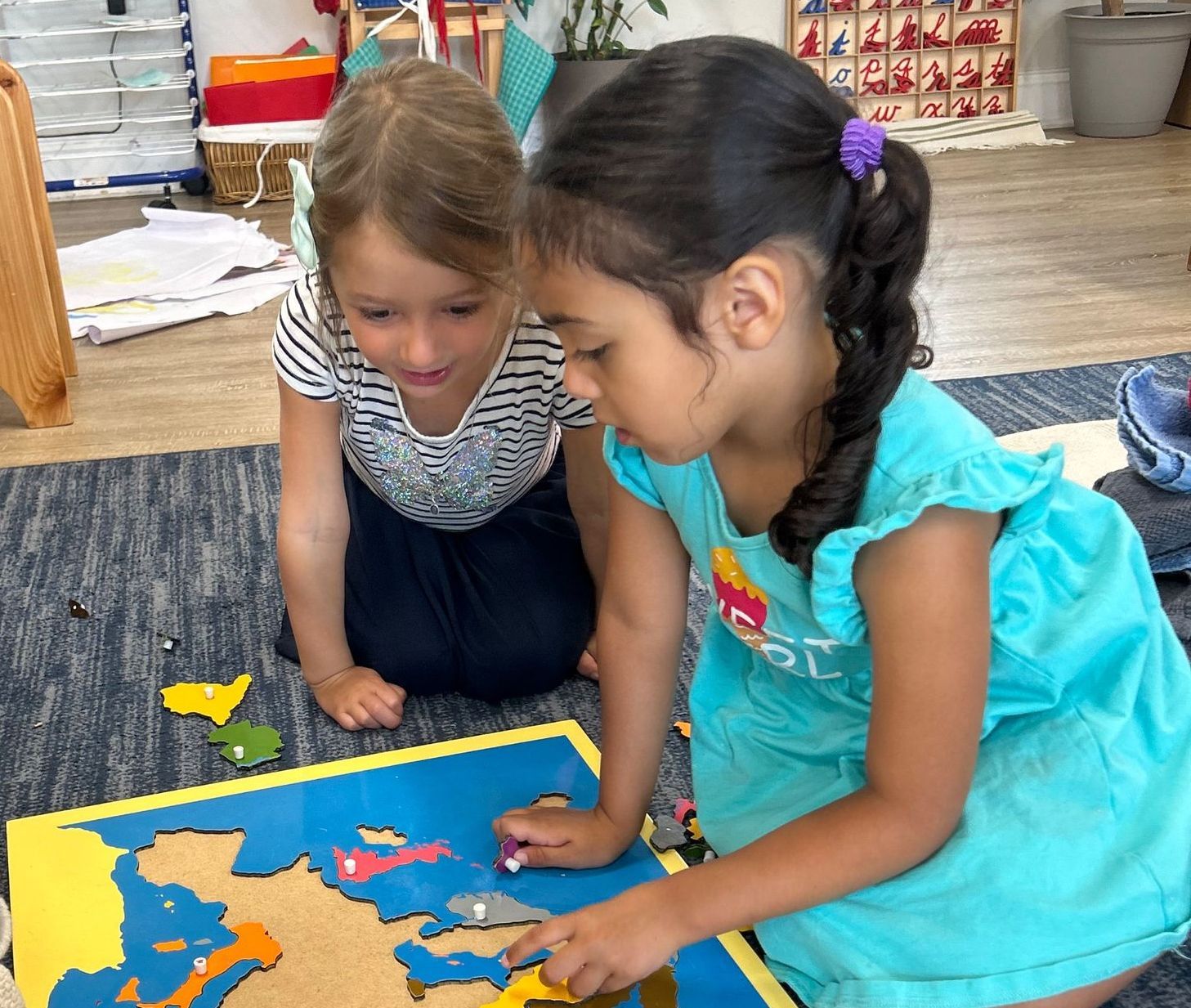
Dr. Benjamin Spock argues that by far the most important value “is to bring up children excited about helping other people, first in their family and then other people outside.” [emphasis added].
In an interview given as his book A Better World for Our Children: Rebuilding American Family Values was first released, Dr. Spock asserted that more than anything else, “children want to help – it makes them feel grown up. That includes simple things like being able to set the table.”
Dr. Spock noted that parents often say ‘I can set the table quicker myself,’ but in doing so, the parents missed the point. “Children should be encouraged to help, to be kind and loving to other people.” Dr. Spock argues that these are the spiritual values that are quite obvious, but we’re not paying enough attention to them.
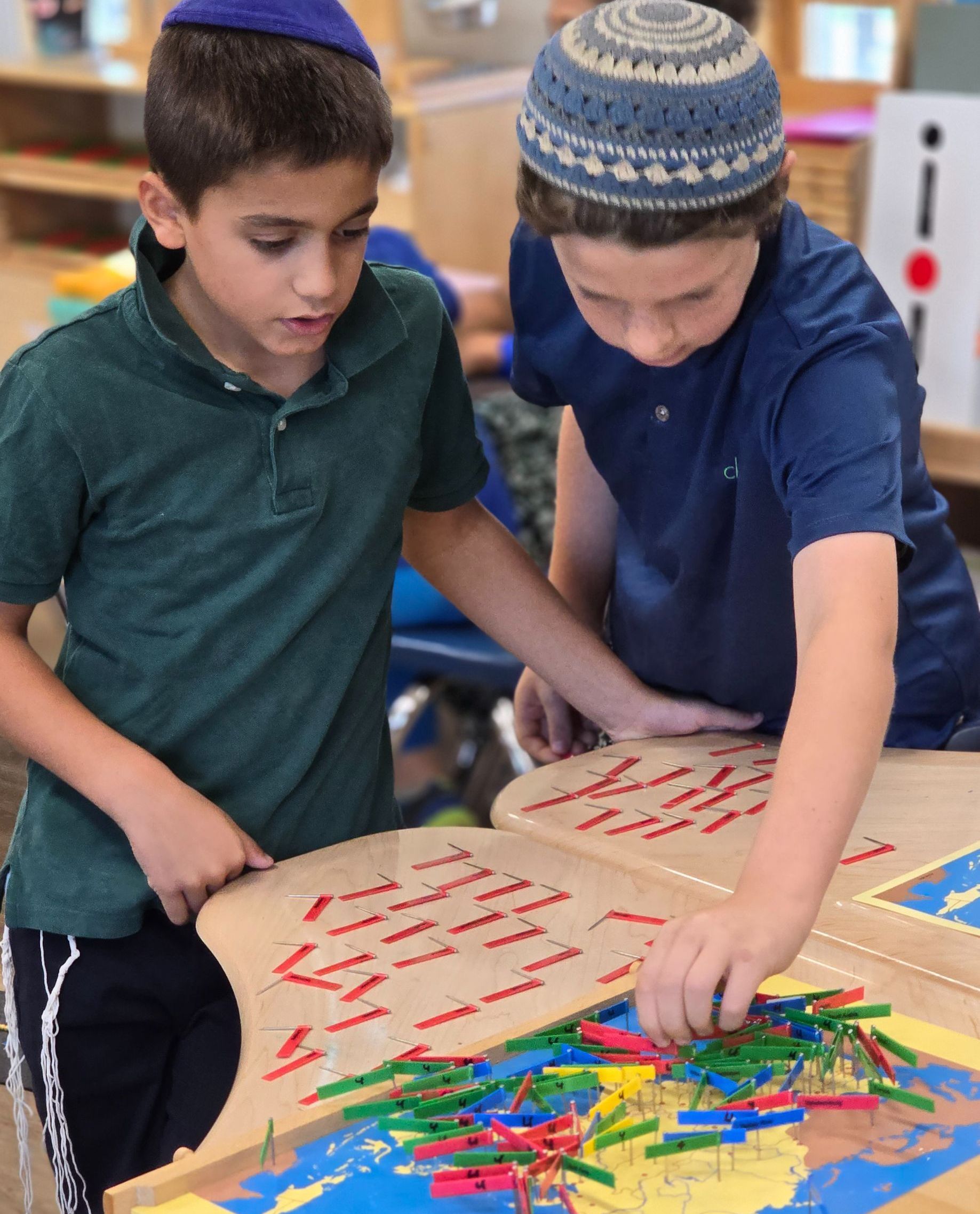
There is a great difference between bringing up children to think of themselves first (and achieve material success for their own good), rather than to be a helpful person to the world. Where do we fail? We fail to understand that spiritual values can be taught by modeling. Being the role model for your child is what your child will absorb immediately.
Dr. Spock submitted that “anthropology studies from all over the world show that children can be taught any set of values that their parents and their group truly believe in. If children worship material success rather than truth or compassion, it is because they have absorbed those values from others.” Our children will learn how to respect their mother and father by observing us being respectful to our own mothers and fathers.

Where can a child find modeling of behavior in the classroom?
A multi-age group environment is key because in such natural, family-like groups, children learn to help each other, teach each other, ask for help, observe to see if they are needed, be responsible for others and feel good about themselves.
Susan Stephenson, author of Joyful Child and Child of the World, argues that the kindergarten year in a Montessori classroom, or the sixth grade of an elementary class are magical for a child. It is in this year that the generosity and responsibility that Dr. Spock talks about comes to fruition. During this year, the spiritual values become part of the child’s being.
